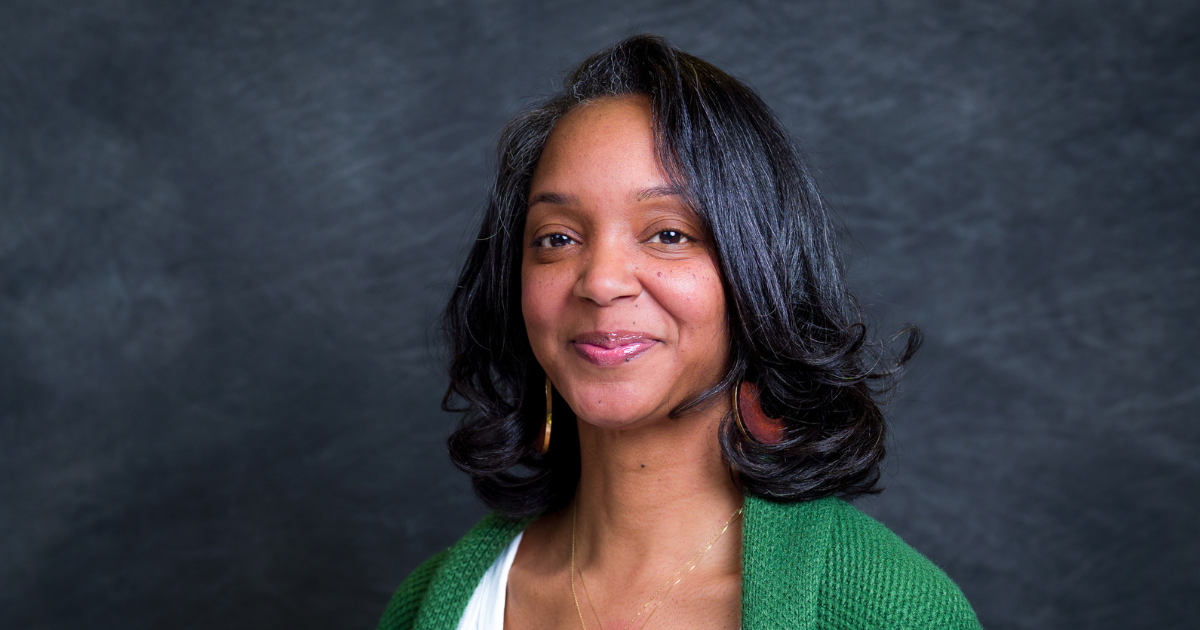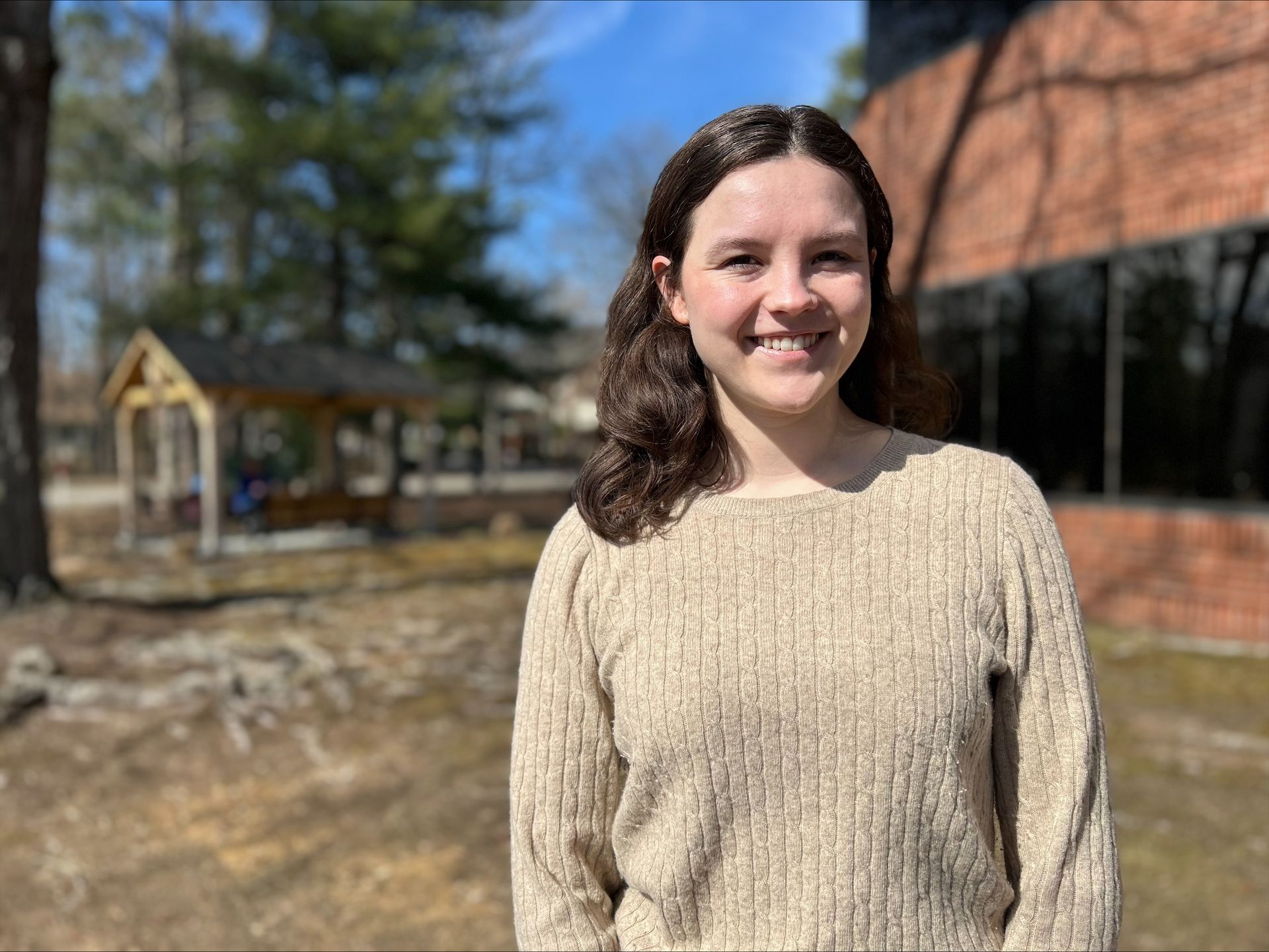Staff Spotlight: Choice East
From experiencing homelessness himself to now helping others who are going through similar crises, Choice East brings invaluable empathy and insight to his work at Homeward.
Choice East was interviewed by Elizabeth Handwerk in February 2024.
Q: How did you get into homeless services as a field of work?
A: It all started when I lived in San Francisco and became homeless. Eventually I got into an SRO hotel through an agency there. They had a work program called the Desk Clerk Training program. I went through that and became a desk clerk. When I moved to Richmond, I worked at some shelters including CARITAS. Through ACTS, I worked the Homeless Connection Line before migrating over to Homeward.
Q: What’s your job at Homeward and has it changed over the years?
A: I started at Homeward in 2020. Over time, I have taken on more responsibility and had a few title changes. Now, I’m the System Referral Coordinator. I do all shelter referrals for families and single adults, and all referrals for rapid rehousing, youth singles and families, permanent supporting housing referrals, voucher referrals through RRHA, and I’m also the referral coordinator for the joint youth transitional housing and rapid rehousing programs.
Q: Wow, you're the only person doing all of that for the entire Richmond region! It sounds like a lot, but you seem to be managing it well.
A: Yeah, it is a lot, but there are some benefits to me being a single point of contact. I have established relationships with providers, partners, and clients. Over time, I have become very familiar with them. They know me and trust me. The referral process is more streamlined, and communication is more efficient because I know what’s going on with every client that day and every shelter that day.
Q: What are some parts of your job that you enjoy?
A: Each person that I talk to is in a unique situation that requires a problem-solving approach. I enjoy tackling each client’s individual needs, investigating if needed, and working with the person in crisis to find a solution.
Normally, I don’t hear back from clients after I’ve referred them to a shelter, but there are a few exceptions. There is an older lady that I sent to CARITAS a few years ago. To this day, she still texts me a devotional quote every morning.
Last week, there was a guy I sent to shelter. Later that day, he texted me back and said, “Hey, I made it to the shelter and I want to thank you again for referring me. I think everything is going to be alright now.”
Q: What motivates you?
A: I have lived experience of homelessness, so I’ve been through the process myself. This gives me a totally different perspective from most people. I know the feelings on both ends of the line. I know you might feel apprehensive about going to shelter; I’ve been there myself. I know what it feels like to be in a crisis. When you’re in crisis you can’t think ahead to next week or next month. You’re scared about what’s happening to you today and you can’t plan beyond that until you get help.
Q: How do you talk to people in crisis who may be scared or uncertain about going to shelter?
A: When someone is frustrated and says ‘you don’t understand’, I can say YES, actually I do get it. I know what it feels like. And that just totally flips the conversation. My personal experiences have enabled me to talk to people in ways others can’t.
When I’m talking to people about going to shelter, sometimes they ask me, “What do you think should I do?” I learned this in recovery: “I can’t tell you necessarily what to do. I only can tell you what has worked for me, and hopefully that helps you make your own decisions.”
If someone seems really scared about going to shelter, I say, “Why don’t you just go to the intake? After intake, if you still feel like it’s not the right place for you, you don’t have to stay there. But I would hate for you to miss the opportunity.” And a lot of times, that works.
Q: What does the process for making shelter referrals look like?
A: First, I run a report by priority, look up the names in HCIS (a shared community database), see if they’re banned at any shelters, and look through their notes to see if they have any preference in shelters. For example, I won’t send someone to CARITAS who says they don’t want to go. Once I find a shelter client match, I offer them the shelter placement. I send a referral through HCIS to the shelter and leave a note about my interaction with the client. Then I email the shelter directly to tell them who I’m sending and give them the info. Each shelter is a bit different in their referral process in how many they refer each day, and how they notify of open referrals.
Q: Is there anything you wish more people knew or understood about the homeless services as a field of work?
A: Ending someone’s homelessness is not as easy a process as the average person thinks it is. There’s no one solution to homelessness because there’s no one lump group of “homeless” people. They come from every age, demographic, and background you can think of. What works for one person might not work for another. As a community, we need to be strategic in our approach. Who’s going to provide resources? How are you going to track the outcomes to know what’s working? And, you need to actually talk to people experiencing homelessness to understand what they need.
I wish there were more resources beyond offering shelter beds that would address root causes of homelessness. Shelter is just a temporary solution to a bigger problem. You need resources beyond shelter. Mental health services, affordable housing services. You could have all the resources in the world, but if the average person can’t afford a studio apartment because its $1500 a month and their minimum wage salary can’t cover it, no resources can fix that. It’s the structural issues that need to be addressed.
Recently, homeless services providers were criticized in the news. It made me feel like I was being personally attacked. These types of criticisms are completely missing the point.
Q: Your work is definitely hard enough already without the criticism. Thank you, Choice, for sharing your story and for all that you do each day to help people in a housing crisis.
A: The things I went through when I was homeless prepared me for the work I do now. In a way, my struggles eventually became my superpower.
















